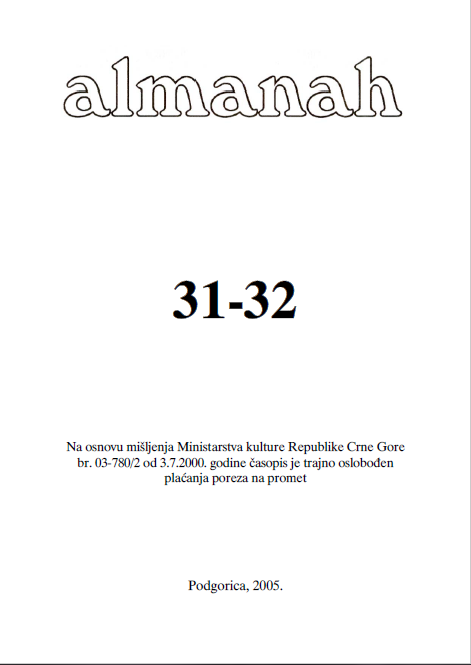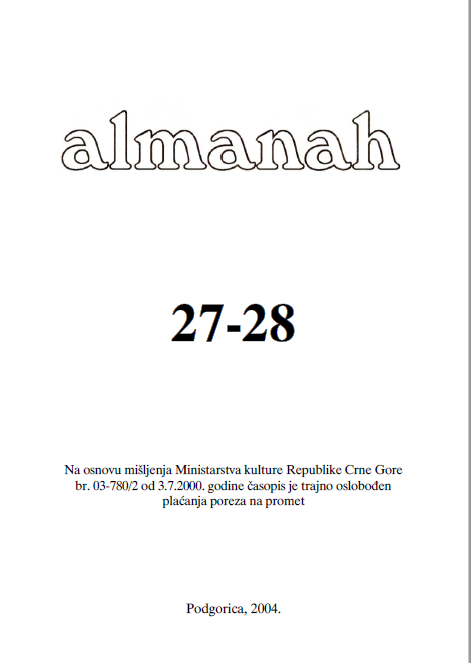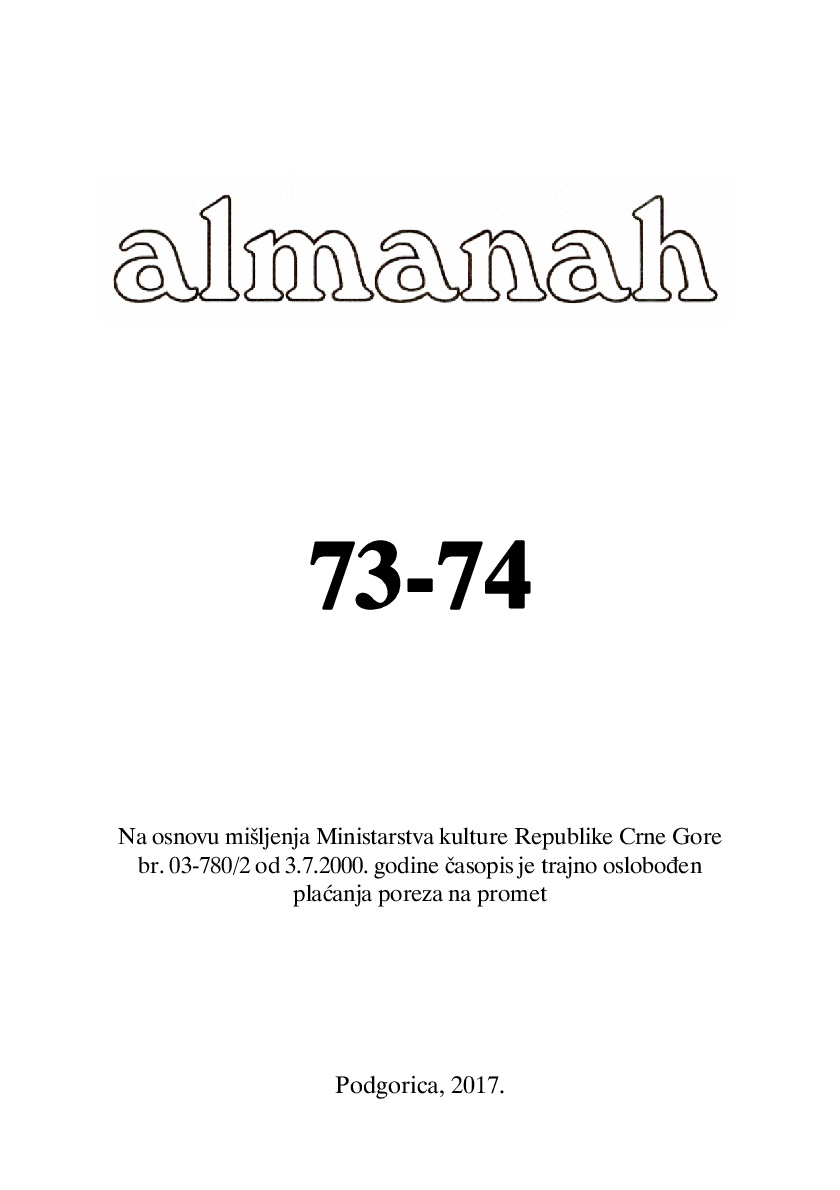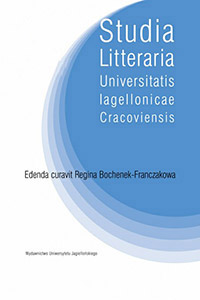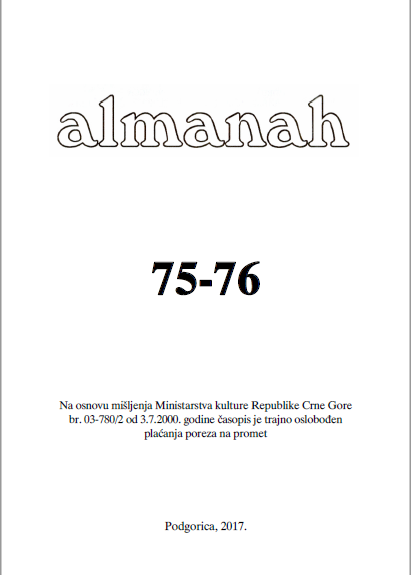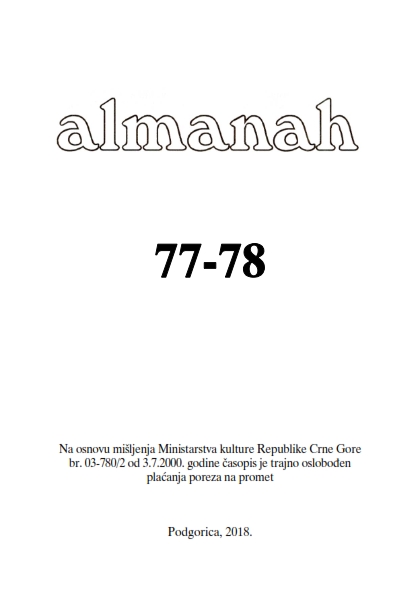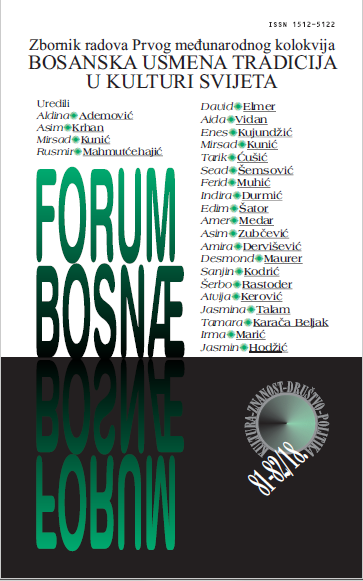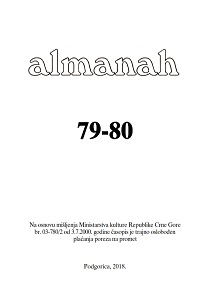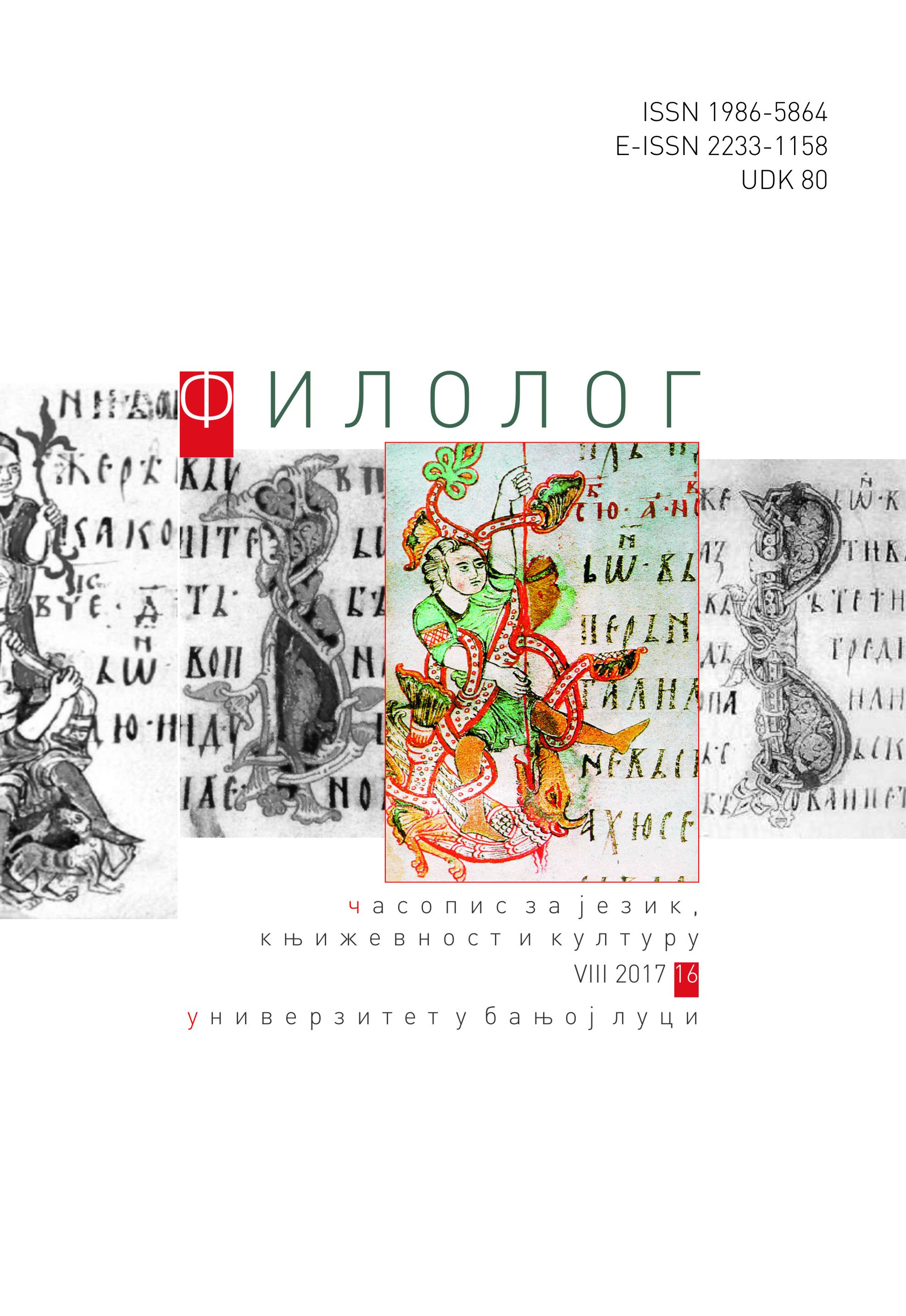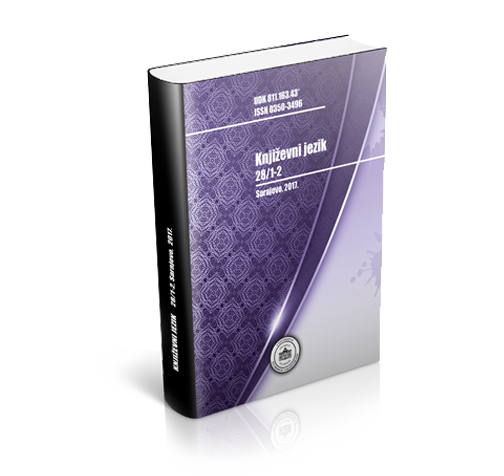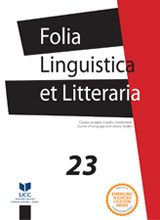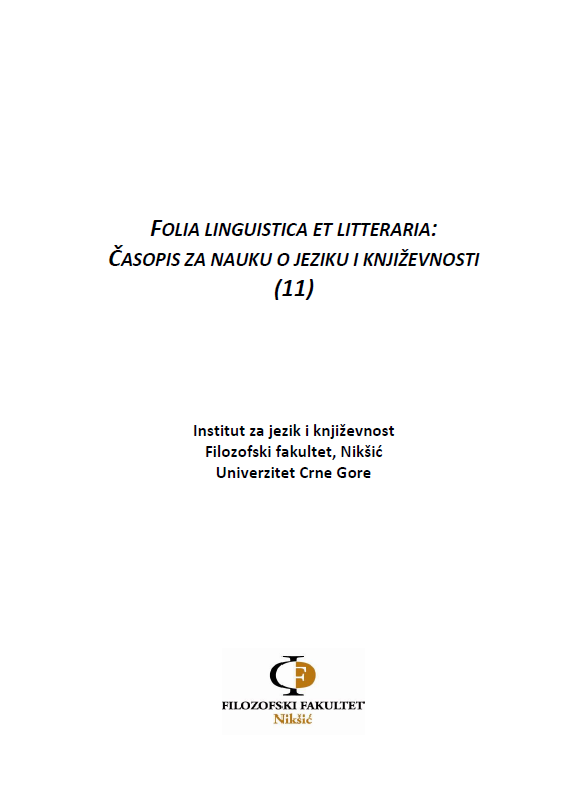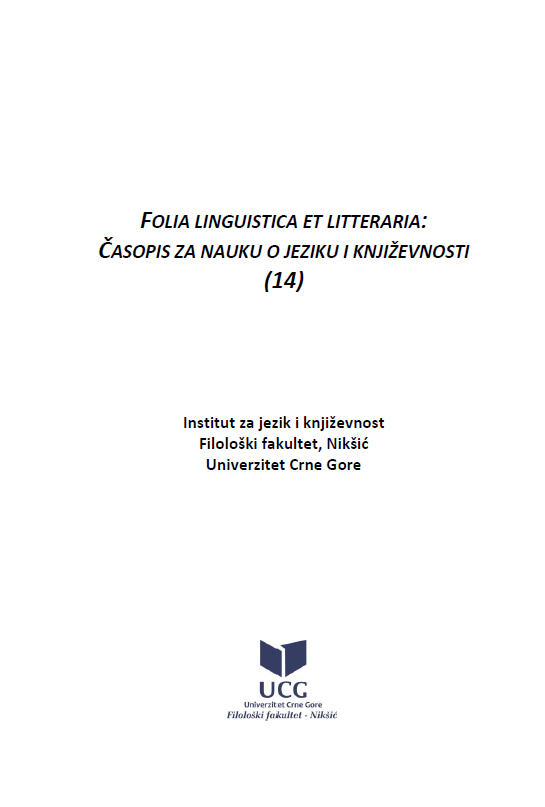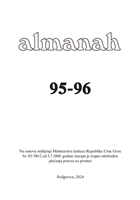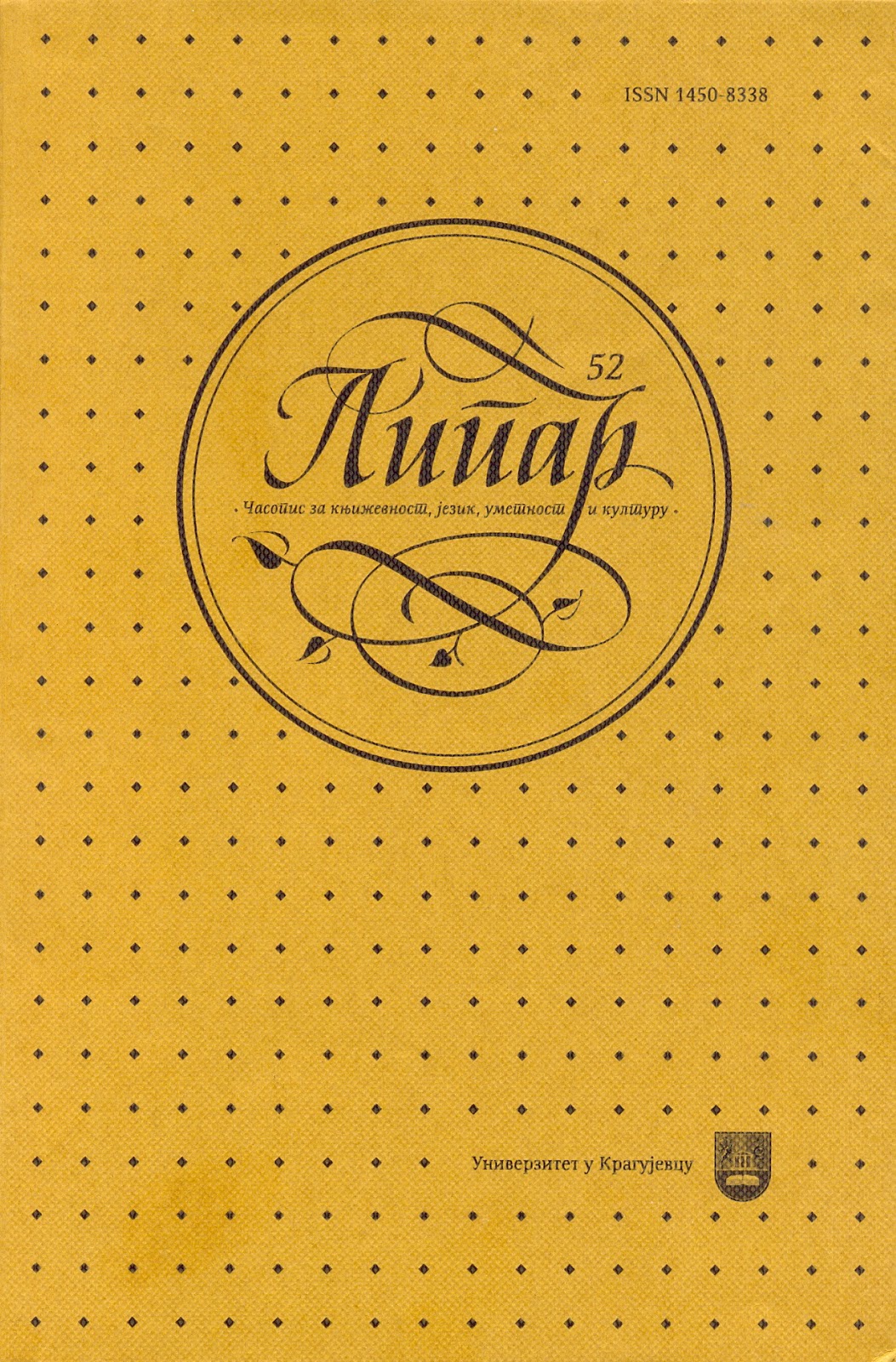
РОМАНИ ЖАРКА КОМАНИНА КАО КОЛИЈЕВКЕ РИЈЕЧИ
In all the works of Zarko Komanin (Niksic, 1935 – Belgrade, 2011), from the play The Prophet (1970), Pelinovo (1972), Ingle (1974), Timok Rebellion (1983), Karadjordje and Prince Milos, Serbian tragedy in twelve pictures (1994), God came for his (2002), screenplay - Jovana Lukina (1983), a collection of stories Buried and Dug up (2002), and the equally famous novel The Cradle (1976), Kostanici (1978), The Abyss (1979), Leap Year (1982), God above Armies (1995), If I forget you, my father, a novel about memory (2005), to the last one titled Chronicles of Eternity (2010) – writer, as a kind of phenomenological mine, dives into the space of his narrower and broader homeland. In the Focus of writer’s attention are phenomena of ideological divisions, both in war, and even more intensively in the post-war period, resulting in fratricide, persecution of individuals and their families. In various literary varieties, Komanin reflects a tragedy of a essentially primitive and deeply patriarchal society which blindly strives for modernization at all costs, without cultural preconditions. According to the general literary-critical judgment, Komanins narrative work is one of the finest achievements of contemporary domestic fiction. His plays have been included in anthologies of modern dramatic art, and his selected works were published in 1991 by Univerzitetska rijec from Niksic.
More...
